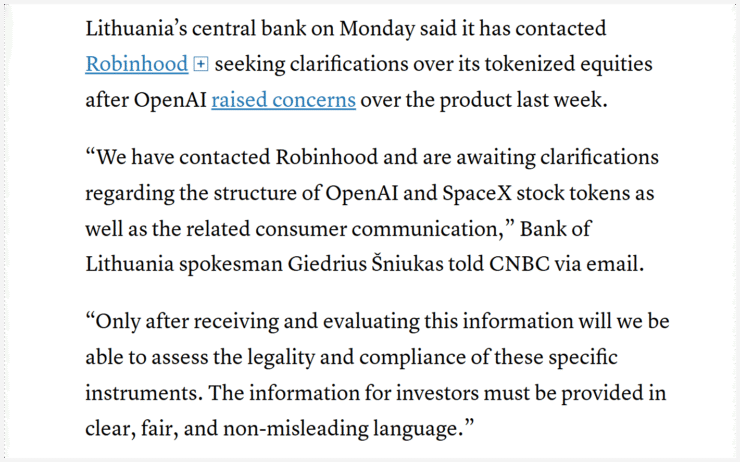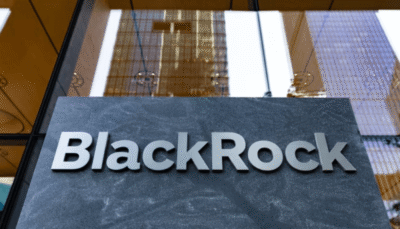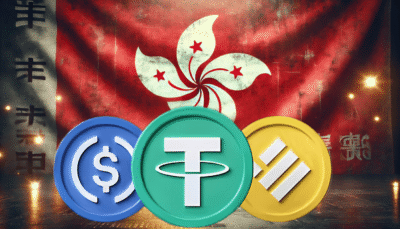Robinhood’s attempt to tokenize shares in high-profile private firms has drawn regulatory attention in Europe, after OpenAI pushed back on claims that its equity was being represented on the platform. The controversy stems from Robinhood’s new token offerings, which give users what the firm calls “exposure” to private equity giants like OpenAI and SpaceX—without granting actual ownership.
The Bank of Lithuania, which oversees Robinhood’s European operations, has launched a preliminary inquiry into the brokerage’s stock token program. A spokesperson for the central bank confirmed it is “awaiting clarifications” from Robinhood before making any determination about the tokens’ legal status and compliance.
The review comes in response to OpenAI’s statement distancing itself from the products, which Robinhood users believed gave them a stake in the AI lab. According to OpenAI, the tokens merely mimic the performance of the company’s valuation and are not backed by real shares—a point that has fueled confusion among retail investors.

Layer-2 Launch Raises the Stakes for Retail Tokenization
Robinhood unveiled a new layer-2 blockchain network on June 30, designed to support the rollout of tokenized securities to European investors. The company’s roadmap includes issuing over 200 tokenized versions of U.S. stocks and ETFs. But while its efforts around publicly traded assets have been met with interest, the backlash centers on its handling of unlisted companies like OpenAI and SpaceX.
The lack of clear equity backing for these so-called “private equity tokens” has put Robinhood on a collision course with regulators and critics alike. These instruments appear to function as derivatives, offering exposure to valuation movements without granting shareholder rights—something that may fall into a legal gray area in several jurisdictions.
On a recent episode of The Coinrock Show, broker-dealer regulation veteran Mel Mattison underscored the deeper implications of Robinhood’s approach.
“If you go to the true blockchain ownership of a security, you’re revolutionizing everything,” he said.
“This isn’t just disrupting two trillion in Bitcoin. This is aiming at a hundred trillion in global equity.”
The Tokenization Race Accelerates—But Not Without Risks
Robinhood’s move is part of a broader race to capture value from the growing tokenization sector, now estimated to be worth over $24 billion globally. While the true size of the market remains difficult to quantify, especially across private assets, financial heavyweights like BlackRock and Franklin Templeton have already committed resources to the space.
The appeal is clear: tokenization can offer faster settlement, increased liquidity, and lower barriers to entry—especially in traditionally illiquid markets like private credit. A recent report from RedStone noted that private lending and U.S. Treasury products are currently driving most of the tokenization momentum.
Yet concerns persist. Chris Yin, CEO of tokenization platform Plume, cautioned in recent comments that the sector’s growth metrics can be misleading due to fragmented data sources. For Robinhood, the backlash over OpenAI and SpaceX tokens shows that consumer-facing innovation in finance requires not only technical execution but regulatory precision.
As regulators review Robinhood’s offerings, the outcome may set a precedent for how far retail-facing platforms can go in simulating private equity exposure—without stepping over legal boundaries.
Quick Facts
- Robinhood is under review by Lithuania’s central bank over OpenAI and SpaceX stock tokens.
- The tokens offer derivative-based exposure but do not represent actual equity stakes.
- Robinhood launched a new blockchain on June 30 to support tokenized stock offerings.
- The global tokenization market is valued at over $24 billion, with private credit and Treasury debt leading adoption.





